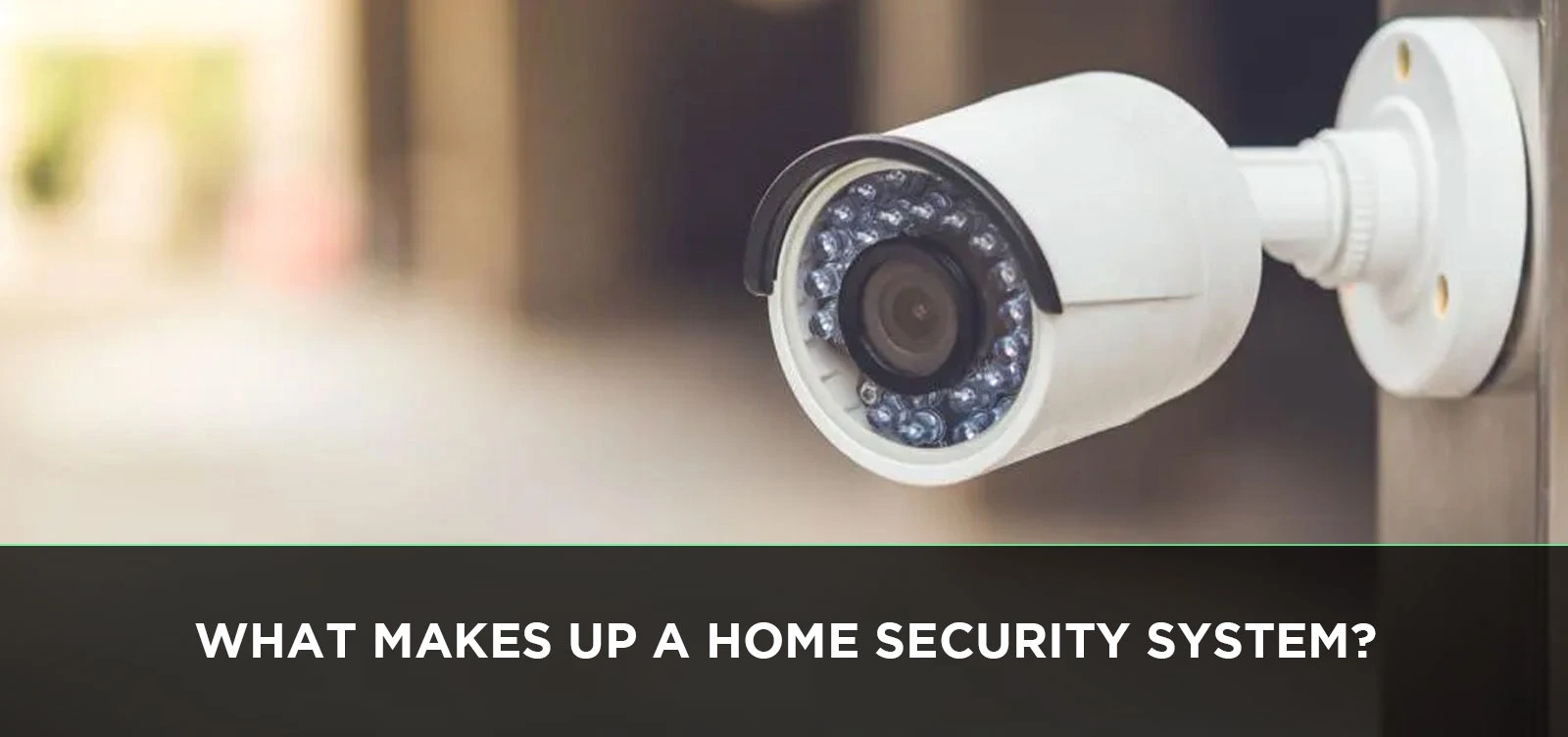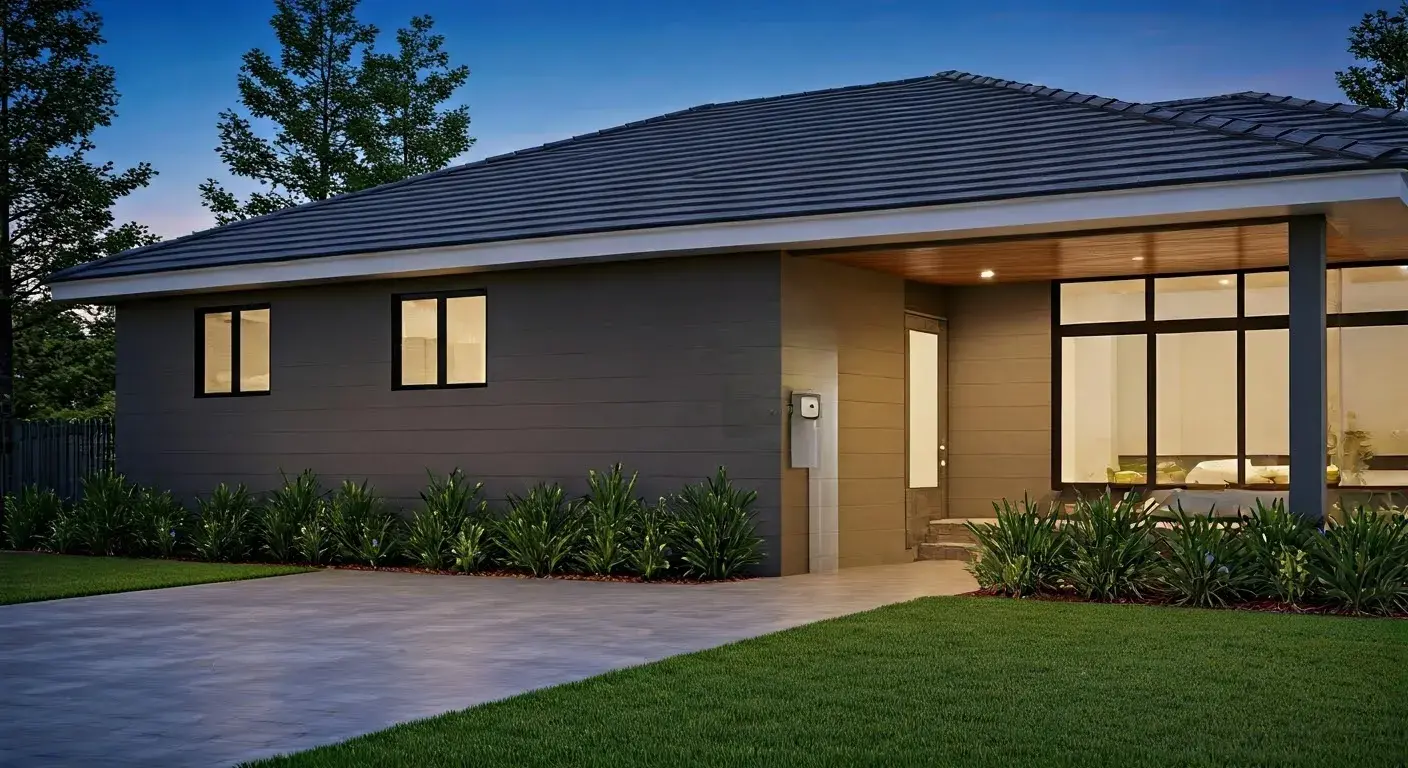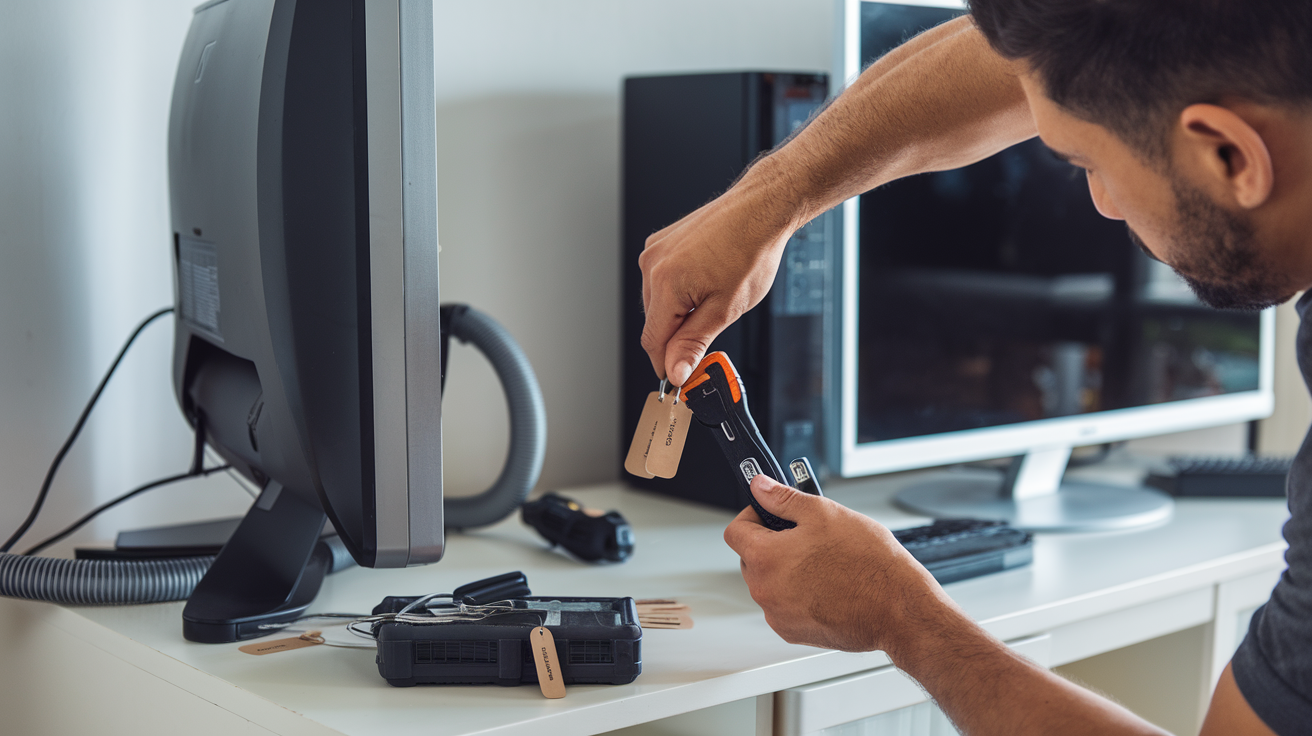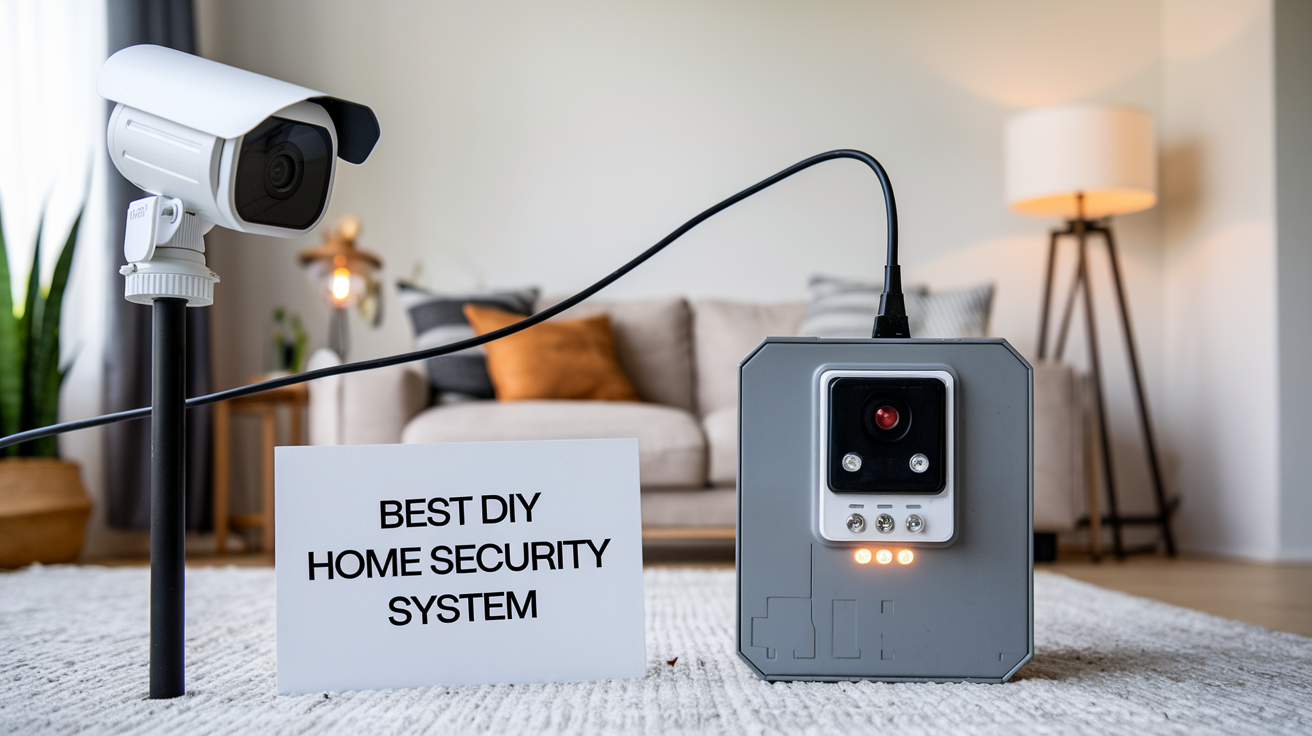In an age where security is paramount, safeguarding our homes has never been more critical. Home security systems are the modern guardians of our dwellings, ensuring peace of mind and protecting our loved ones. But what exactly makes up a Home security system? In this comprehensive guide, we will delve into the components and features that constitute an effective home security setup. From the essentials to the latest innovations, let's explore how to fortify your home.
The Importance of Home Security
Home is where we should feel safest, but unfortunately, burglaries and home invasions remain a concern for many. This is where a home security system becomes invaluable. It not only acts as a deterrent but also provides surveillance and alerts, enhancing the safety of your residence.
Peace of Mind through Technology
With advancements in technology, home security systems have evolved beyond basic alarms. They now offer comprehensive protection, ensuring your peace of mind. In this article, we will explore the various components and features that constitute an effective home security system.
Core Components
Security Cameras: Your Watchful Eyes
Security cameras are the backbone of any home security system. They serve as your watchful eyes, capturing footage of your property and its surroundings. Modern cameras come with high-definition resolution, night vision, and even two-way communication capabilities.
Alarm Systems: The Audible Deterrent
Alarm systems are the audible deterrents that alert you and your neighbors to potential threats. When triggered, they emit a loud siren, discouraging intruders and notifying you of a possible breach.
Access Control: Securing Entry Points
Access control systems include features like smart locks and keyless entry. They enhance security by allowing you to control who enters your home and when. Some systems even provide remote access, enabling you to lock or unlock doors from anywhere.
Advanced Features
Smart Home Integration
Modern security systems can integrate with your smart home devices. This means you can control your security system, cameras, and locks through a single app on your smartphone or voice commands via a virtual assistant.
Motion Sensors: Detecting Intruders
Motion sensors are crucial for detecting movement in and around your home. They trigger alarms and camera recordings when unauthorized motion is detected, providing real-time alerts.
24/7 Monitoring Services
Many security companies offer 24/7 monitoring services. Professionals keep an eye on your home's security, and in case of an emergency, they can dispatch authorities promptly.
DIY vs. Professional Installation
Pros and Cons of DIY Installation
DIY installation kits are available for those who prefer a hands-on approach. They are cost-effective and allow for flexible placement of components. However, they may require technical expertise.
The Benefits of Professional Installation
Professional installation system ensures that your system is set up correctly. Installers can assess your home's vulnerabilities and strategically position cameras and sensors for maximum coverage.
Choosing the Right System
Assessing Your Home's Needs
The right security system for your home depends on factors such as its size, layout, and location. A comprehensive assessment helps you determine the most suitable components and features.
Budget Considerations
Home security systems come in a range of prices. It's essential to set a budget and choose a system that meets your security needs without breaking the bank.
Researching Reliable Brands
Not all security systems are created equal. Research reputable brands and read customer reviews to ensure you invest in a reliable and trustworthy system.
Installation and Setup
DIY Installation Guide
If you opt for DIY installation, follow the manufacturer's instructions carefully. Ensure all components are securely in place, and test the system thoroughly.
Professional Installation Process
Professional installers will handle the setup for you. They will configure the system, explain its operation, and provide guidance on maintenance.
Maintaining Your Security System
Regular Checks and Updates
Routine maintenance is essential to keep your security system in top condition. Regularly check cameras, sensors, and batteries. Update software and firmware as needed.
Battery Replacement
Many components of a home security system rely on batteries. Keep spare batteries on hand and replace them promptly to ensure uninterrupted protection.
Dealing with False Alarms
False alarms can be a nuisance. Learn how to troubleshoot common issues to prevent unnecessary alarms and maintain good relations with neighbors.
Enhancing Security Further
Home Automation and Security
Integrating home automation features with your security system can provide added convenience and safety. You can control lights, thermostats, and more remotely.
Outdoor Lighting
Well-placed outdoor lighting can deter potential intruders by eliminating hiding spots. Motion-activated lights can also enhance surveillance.
Neighborhood Watch Programs
Joining or initiating a neighborhood watch program can create a sense of community security. Neighbors can look out for each other and report suspicious activity.
Integrating Environmental Safety
Smoke and Carbon Monoxide Detectors Home security extends beyond intruders. Integrating smoke and carbon monoxide detectors ensures early detection of life-threatening hazards. Flood and Temperature Sensors Environmental sensors can alert you to potential floods or extreme temperature fluctuations, helping you protect your home from damage.
Security System Apps
Remote Monitoring
Security system apps allow you to monitor your home remotely. Check camera feeds, arm or disarm the system, and receive alerts on your mobile device.
Alerts and Notifications
Stay informed with real-time alerts and notifications. Receive alerts when an alarm is triggered or when someone approaches your property.
Interactive Features
Some security system apps offer interactive features, such as two-way communication with visitors at your door. This enhances both security and convenience.
Securing Your Privacy
Data Protection
Ensure your security system provider prioritizes data protection. Your video footage and personal information should be secure from unauthorized access.
Camera Privacy Settings
Adjust camera privacy settings to protect your family's privacy. Be mindful of camera angles and what areas of your property are being monitored.
Conclusion
In conclusion, a home security system is a comprehensive solution that provides protection, peace of mind, and convenience. By understanding the core components, advanced features, and installation options, you can choose and maintain a system that suits your needs. With the right security measures in place, your home becomes a safer haven.
Call on (888) 805-5456 to choose best home security system now!
FAQs
1. What is the most important component of a home security system?
The most important component is often considered to be security cameras. They provide visual surveillance and deter potential intruders.
2. Are wireless security systems as reliable as wired ones?
Wireless security systems have come a long way and are now highly reliable. They offer flexibility and ease of installation without sacrificing security.
3. Can I install a security system in an apartment?
Yes, you can install a security system in an apartment. Many systems are designed to be adaptable to various living spaces.
4. How often should I test my alarm system?
It's a good practice to test your alarm system at least once a month to ensure it's functioning correctly.
5. What should I do if my security camera captures suspicious activity?
If your security camera captures suspicious activity, contact the authorities immediately and provide them with the recorded footage as evidence.






